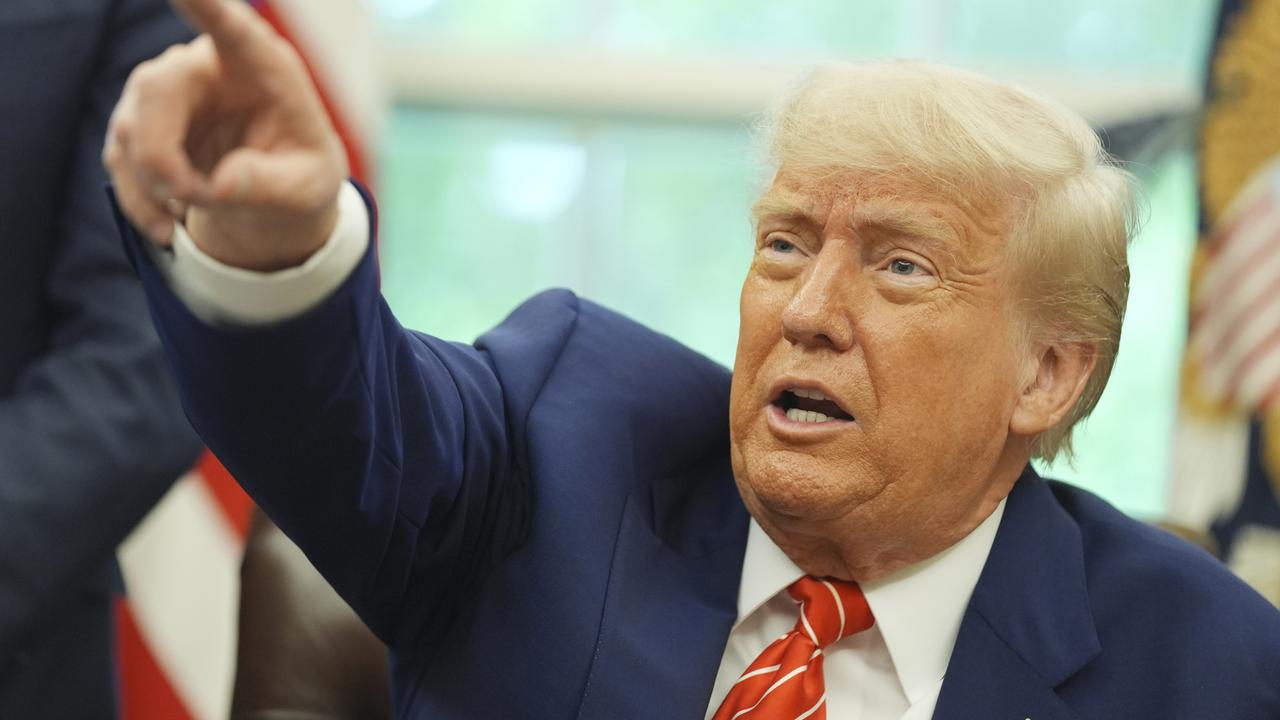US funding cut-off threatens Ukraine’s economic stability
US pays government bills and public-sector salaries alongside arms supply

The US funding system for Ukrainian salaries and Kyiv government expenditures is expected to run out in the next month absent a fresh infusion of money from Congress, Ukrainian and American government officials said.
As a government shutdown loomed, Secretary of State Antony Blinken warned Senate Minority Leader Mitch McConnell on Sept. 24 that Ukraine would face a severe economic and political shock in the middle of the counteroffensive this fall if Congress cut off assistance to Kyiv.
The U.S. and other donor nations effectively pay the salaries of 150,000 civil servants in Ukraine and more than half a million teachers, professors and school workers, not to mention government expenses ranging from health care to housing subsidies.
The telephone call from the U.S. secretary of state was a plea for GOP lawmakers to include Ukraine funding in stopgap measures to keep the U.S. government open, according to their aides.
Six days later, Congress passed a funding bill without aid for Ukraine. Officials in Washington and Kyiv are now looking at what an expected drop in aid means for the country’s ability to keep its government running and its economy afloat.
The Washington debate over economic aid to Ukraine has divided Congress, with some Republicans saying U.S. funds should support the American economy. With lawmakers’ concerns about corruption in Ukraine, it is unclear at what level the aid would be restored even after a shutdown.
“I don’t see alternatives — U.S. funding is crucial for Ukraine’s survival,” said Bill Taylor, former ambassador to Ukraine and current vice president at the congressionally funded U.S. Institute of Peace.
On Tuesday, President Biden spoke with world leaders including the heads of state of the United Kingdom, Canada, Italy, Japan, Poland and Romania, the French foreign minister, and the secretary general of NATO, to coordinate support for Ukraine.
“As President Biden made clear, we cannot under any circumstances allow American support for Ukraine to be interrupted,” said John Kirby, a spokesman for the White House National Security Council. “Time is not our friend.”
Since the war began, most lawmakers and members of the public have focused on the hardware, including tanks, helicopters, advanced missile systems and millions of rounds of ammunition, all of which the U.S. is uniquely positioned to provide. Yet when Blinken visited Kyiv in September, Ukrainian Prime Minister Denys Shmyhal began a meeting by thanking him for a little-known stream of civilian-budget aid paid via the World Bank.
“All wages that are now paid in Ukraine in the public sector over the past year, including social and other programs, are funded through this, ” Shmyhal said.
In all, the World Bank’s “Peace” program — formally known as Public Expenditures for Administrative Capacity Endurance — has sent Ukraine $US23.4 billion, with $US20.2 billion funded by the U.S. and $US2 billion from the U.K. Overall U.S. aid to Ukraine since Russia’s broad invasion — including humanitarian and military aid — totals $US72.8 billion, according to the Kiel Institute for the World Economy, a German research institute.
‘Paying for just about everything’ The Biden administration says its goal is to strengthen Ukraine financially as well as militarily.
“They are going to be a neighbor of Russia in perpetuity; they need to have the economy that can support a security apparatus that can deter future Russian aggression,” State Department spokesman Matt Miller said Monday.
Yet Republicans who oppose all funding for Ukraine see federal dollars going to a foreign government as a symbol of not putting domestic priorities first.
“We’re paying for just about everything” in Ukraine, Georgia Republican Rep. Marjorie Taylor Greene said on X.
Ukraine’s finance ministry was expecting potential funding delays due to the U.S. shutdown fight and has resources to deal with October budget needs, but beyond November the government could face decisions about what services or salaries to cut, or whether to attempt to borrow, a Ukrainian official said.
Ending the payments to Ukraine’s government could raise discontent in the country and potentially put political pressure on President Volodymyr Zelensky, who would face louder criticism from rival factions, the official said.
The U.S. Agency for International Development, or USAID, will process an October funds transfer of $US1.15 billion through the World Bank program, assuming Ukraine shows that it has appropriately spent the previous transfer, a U.S. official said. Future disbursements are unclear.
Another Ukrainian official said that after October, the Kyiv government could use other funds earlier than planned to weather November and December, but without fresh funding the picture turns darker in 2024.
The European Union is an even bigger donor than the U.S. for civilian aid, and major economies such as Japan could step up if U.S. aid disappears, officials said. Still, American financial and military assistance — which the EU can’t match — is seen as a barometer of the West’s ability to continue supporting the war.
The economic picture isn’t rosy, since Ukraine lost an estimated 30% of its gross domestic product due to the 2022 invasion, with tax revenue falling as military expenditures rise.
The IMF in its most recent report said continued external support of the country’s finances is critical. Moody’s rates Ukraine’s sovereign debt as “Ca” — the second-highest rating that is reserved for countries with highly speculative debt that is near or possibly in default. If external funding declines, Kyiv would likely be forced to return to a practice of selling bonds including to its central bank — essentially printing money — which would risk driving inflation higher.
Some Republicans have raised concerns about the level of corruption in Ukraine. The Biden administration has sought to ensure that funds aren’t inappropriately diverted, recognizing that the health of Ukraine’s economy and the ability to raise funds in Congress are at stake. “We have seen Ukraine take aggressive action, and that includes aggressive action as recently as the past few weeks, to tackle corruption,” the State Department’s Miller said Monday.
Lindsay Wise and Gordon Lubold contributed to this article
The Wall Street Journal



To join the conversation, please log in. Don't have an account? Register
Join the conversation, you are commenting as Logout